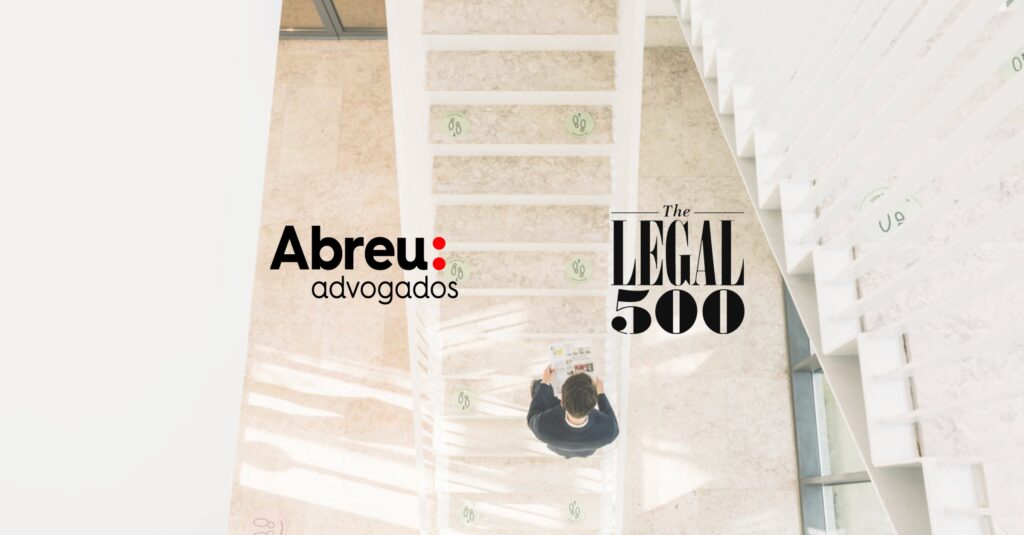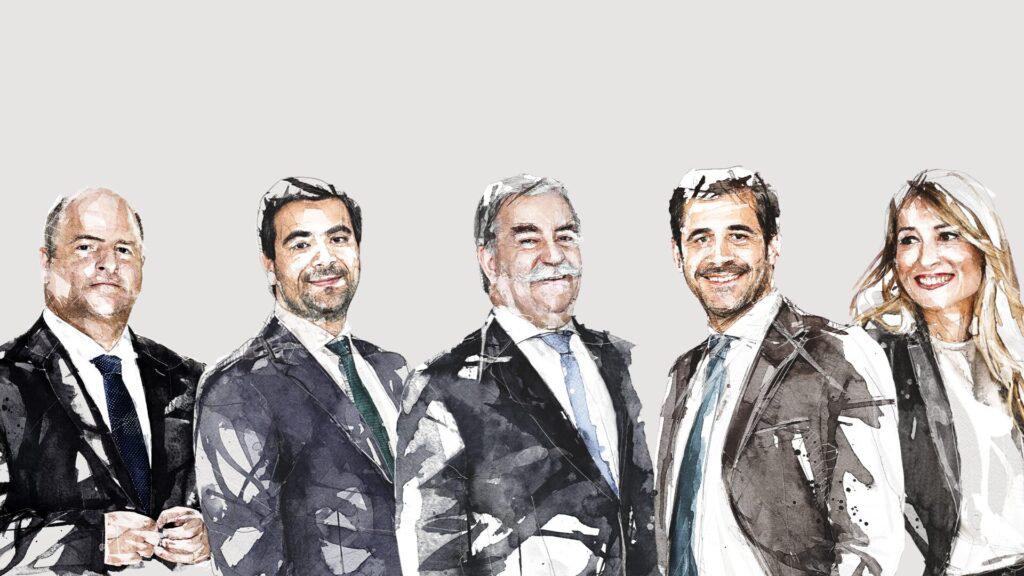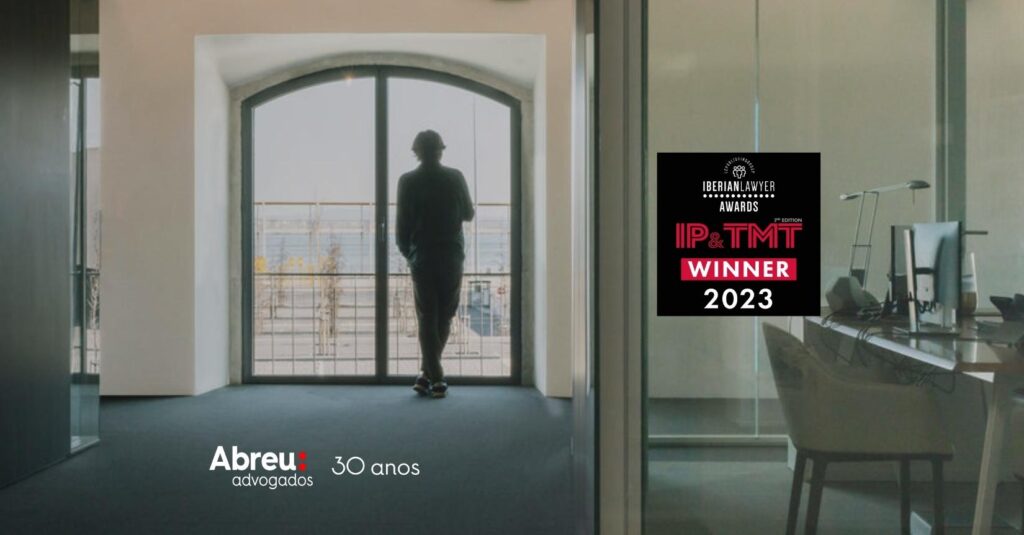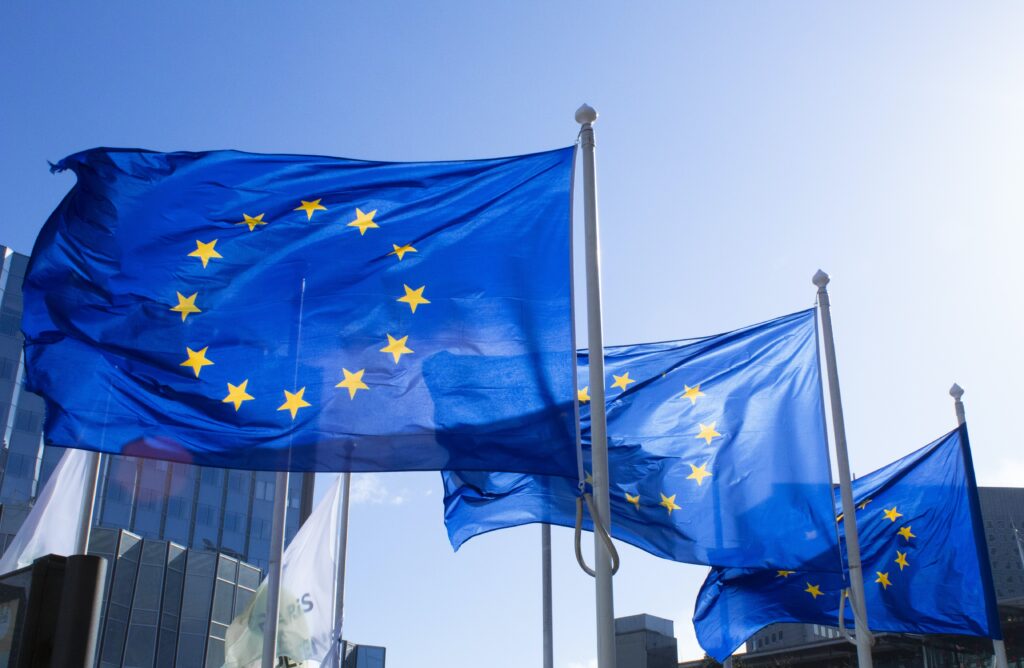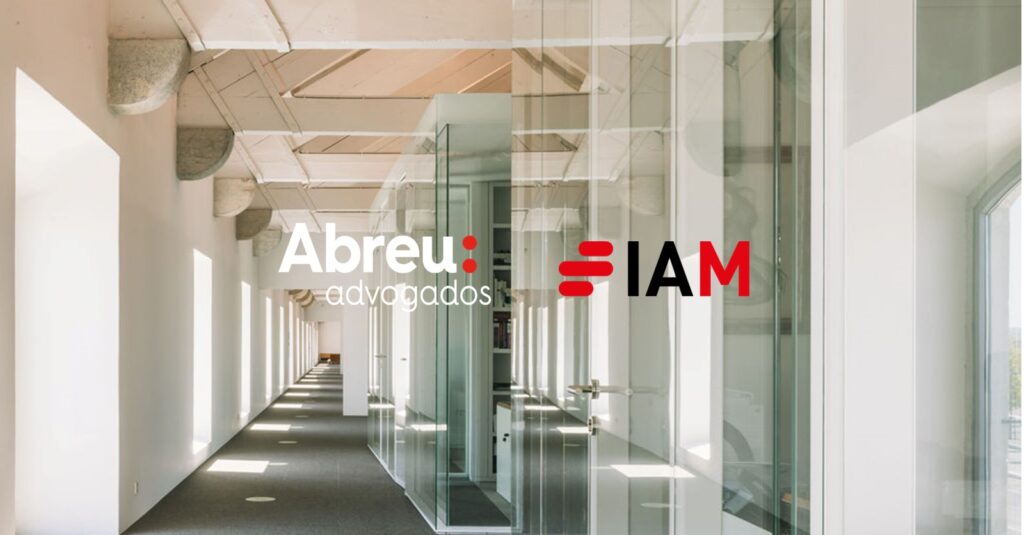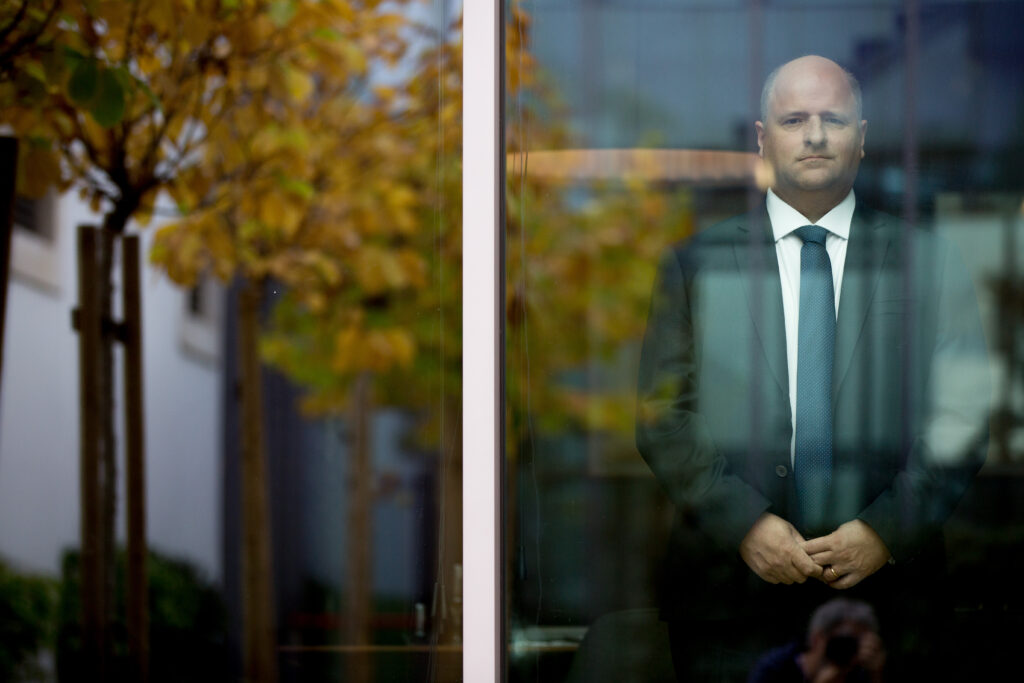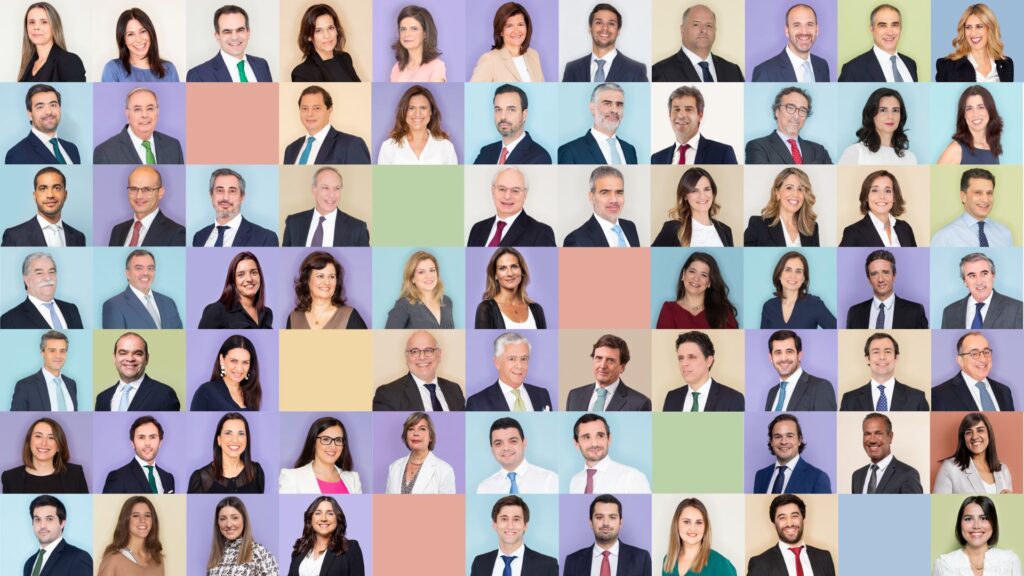New law on the legal regime applicable to the provision of audiovisual media services
The recently published Law no. 74/2020, November 19 (hereinafter Audiovisual Media Services Law), transposed into the Portuguese legal framework Directive 2018/1808 of the European Parliament and of the Council of 14 November 2018 (hereinafter Directive), unifying in the European area the provision of audiovisual media services, introducing substantial innovations for the several stakeholders that act in this sector.
In this regard, it is important to understand whether the legislator has been able to keep up with the technological innovations that new stakeholders have brought to the market (such as the Streaming and Pay-Per-View platforms), without simultaneously forgetting the Portuguese audiovisual industry, which is intended to be supported through fees by the new stakeholders in this market. Furthermore, it is also important to understand whether the consumer protection rules provided for in the Directive will be sufficient to keep up with the technological advances that have taken place in the audiovisual market in recent years.
It is in the context of the aforementioned interests that Directive 2010/13/EU has been updated by the Directive, and the Audiovisual Media Services Law must be analyzed.
This Audiovisual Media Services Law proceeds to the fourth amendment of Law 27/2007, dated July 30, and the third amendment of Law 55/2012, dated September 6, so we now list the main innovations of each one.
A. Law No. 27/2007, of July 30
Law 27/2007, of July 30th, approved the Television Law, which regulates the access to the television activity and its exercise, as well as the public offer of audiovisual services on demand.
The Audiovisual Media Services Law has broadened the material scope of the aforementioned Law in order to regulate several points regarding the offer to the public of video sharing platforms services and rules on the corresponding content.
First of all, it is important to highlight the new constraints to programming freedom. In particular, content prohibitions that affect the free formation of children and young people’s personality or their privacy and image are reinforced.
In this sense, it should be noted that article 27 provides that the broadcast of any programs likely to have a negative influence on the personality formation of children and young people must be accompanied by the permanent broadcasting of an appropriate visual identifier and may only take place between 24.00 hours and 6 hours.
Finally, if we are dealing with video-sharing services, Article 69-C (f) states that such video sharing platforms must provide parental control systems that are under the control of end users with regard to content that may impair the physical, mental or moral development of children and young people. In this way, the latest European guidelines against violent and hate content set out in Commission Communication 2020/C 223/02 are pursued.
Secondly, it is important to emphasize that the Audiovisual Media Services Law amends Article 41-A by expressly prohibiting product placement in news and current news channels, consumer affairs programs, religious and children’s programs.
The prohibition set out in the previous paragraph is part of the European strategy to promote the integrity of audiovisual media programs and services. It should be noted that Article 10-A prohibits the concealment, by overlay for commercial purposes, and the amending, with cuts, modifications, insertions before or after broadcasts or interruptions, of audiovisual media services, except in cases where it is permitted with the explicit consent of the television operator or the audiovisual service operator at the request of the holder of the service in question.
Finally, it is important to note the significant strengthening of consumer protection for audiovisual services, both by strengthening the powers of the regulator and by increasing their rights towards operators.
Consumers will now benefit from a wide range of protection measures, especially those foreseen in Article 25(8). Any changes to the contractual conditions must be communicate to the consumer with 30 days in advance, with the express mention of the right to withdraw from the contract, without any charge or fee, whenever the changes relate to the terms or price of the television programs and audiovisual on-demand services offered by the distribution operators.
However, contracts shall not be terminated where: a) new channels are added, while those offered with the contracted service remain unchanged; b) there is a reduction in the prices of the contracted services; c) the amendment only concerns services that can be stand-alone, namely a change on the movie rental price.
In short, also the Regulator, the Media Regulatory Authority (ERC), sees its competences strengthened. It can act in the content regulation of pay TV services and video sharing platforms on the Internet. It shall have, pursuant to Articles 86-A and 86-B, the power to adopt proportionate measures that cease infringements committed by operators that provide content and are subject to both Portuguese and foreign jurisdiction. In the second case, it will also be necessary to verify whether the respective operators have established themselves in another Member State in order to circumvent the stricter rules to which they would be subject under the Portuguese State jurisdiction.
B. Law No. 55/2012, of September 6
Law 55/2012, of September 6, established the state principles for the promotion, development and protection of cinema art and cinematographic and audiovisual activities.
The Audiovisual Media Services Law intends to increase the sector’s activity by creating revenues for the sector’s stakeholder. It is in this context that Article 10 provides for the so-called “exhibition fee”.
According to the aforementioned fee, “commercial advertising shown in cinemas, audiovisual commercial communication broadcast or transmitted by television operators or, by any means, transmitted by distribution operators, audiovisual commercial communication included in on-demand audiovisual services or video sharing platform services, as well as advertising included in electronic programming guides, whatever the exhibition, broadcasting or transmission platform, is subject to a fee, called the exhibition fee, which constitutes an advertiser’s charge, of 4% of the price paid”.
This is a fee that, due to a last minute change made to the Audiovisual Media Services Law, will also be applied to advertising transmitted in video sharing platform services. This is a charge on the advertiser.
Finally, paragraph 5 of Article 10 under consideration also provides that operators of audiovisual services on demand by subscription shall be subject to the payment of an annual fee corresponding to 1% of the relevant income.
The revenues from these fees are transferred to the Instituto do Cinema e do Audiovisual, and will therefore be part of its budget to support cinematographic art and audiovisual production.
C. Conclusion
It is important to state that the Audiovisual Media Services Law is not limited to imposing imperative obligations on the different stakeholders, but also assumes a position of awareness. In fact, according to the Directive, media service providers should assume a transparent position and, in this sense, promote media literacy. In other words, they should promote consumer education so that consumers are provided with the necessary knowledge to make effective and safe use of the media.
Nowadays the concept of media literacy is becoming more and more relevant as new market players are increasingly multilateral. In fact, the unilateral sharing of content is losing relevance in front of platforms where the consumer and the producer are merged in the same person.
Considering the innovations introduced by the Audiovisual Media Services Law and the challenges they intend to address, it is expected that the adapting process to this new scenario will not be free from difficulties and debate as to its effectiveness.
Finally, it should be noted that the Portuguese Audiovisual Media Services Law was published on November 19. The Audiovisual Media Services Law will enter into force 90 days counting from today.
However, article 10, no. 3, which refers to the rate calculation method already provided for in no. 2 of the referred article (Pay-TV operators are subject to the payment of an annual fee of (euro) 2 for each access subscription to television services, which constitutes a charge to the operators) will report its effects to 1 January 2020.
The Government n has 60 days to regulate technical details of its execution counting from the moment the Portuguese Audiovisual Media Services Law enters into force.




